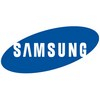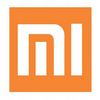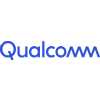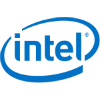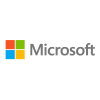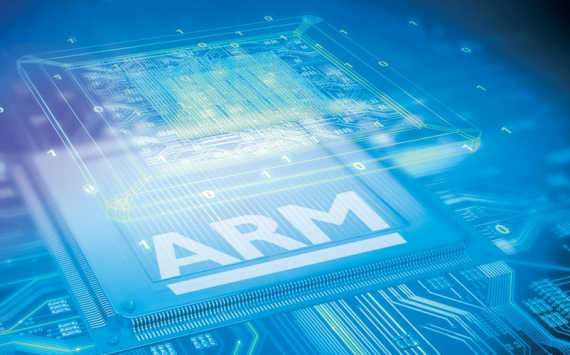
New V9 architecture
Arm on Tuesday unveiled its new Armv9 architecture, which will form the basis of the next 300 billion chips whose technology will enable artificial intelligence and high security data storage.
British technology company Arm Ltd on Tuesday unveiled its new Armv9 processor architecture for the first time in a decade, marking a new phase of development for both Arm itself and its huge potential for partners.
The Armv9 architecture delivers a 30% performance boost in the next two generations of mobile and data centre processors, as well as addressing high security requirements.
Arm's chips are used in the majority of the world's smartphones and the company licenses and sells its technology to a wide range of technology companies including Qualcomm (QCOM), Samsung, NXP Semiconductors and Google (GOOGL, GOOG).
With the new Armv9 architecture, Arm becomes a competitor to Intel (INTC), the market leader in data centre chips, and other developers in the field.
Armv9 technologies, which provide advanced machine learning (ML) and digital signal processing (DSP) capabilities in a broader range of applications, were developed by Arm in partnership with Japanese electronics manufacturer and IT company Fujitsu. The fruit of their joint development is the Scalable Vector Extension (SVE2) technology that underpins Fugaku, the world's fastest supercomputer. The security and privacy features of Armv9 were developed in partnership with Microsoft (MSFT) and can be applied to all internet-connected products, smartphones, laptops and data centres.
A number of Arm partners have voiced their support for the new Armv9 architecture, saying they expect to implement it in their products as soon as possible, among them: Google, Zoom Video Communications (ZM), Red Hat, VMware, Samsung Electronics, Xiaomi Group, Apple's largest electronics supplier and contractor Foxconn, semiconductor company TMCS (TSM) and others.
Arm and Nvidia (NVDA) have struck a $40 billion acquisition deal, but Qualcomm, Google and Microsoft have sued antitrust regulators. Today, the deal's impact on the industry is being investigated and undergoing regulatory proceedings.







